
The diet of a guinea pig should be made up primarily of Timothy hay, food pellets, fresh fruits and vegetables. When choosing pellets look for a blend that is 20% protein, 16% fiber, and contains a good portion of vitamin C as guinea pigs cannot produce this vitamin naturally. If you wish to find a food source for Vitamin C , consider carrots, red bell peppers, tomatoes, or untreated grass. Otherwise small doses of vitamin C are acceptable if you wish.
Its important to remember that guinea pigs, like other pets, thrive under schedules and routines. Your furry friend requires fresh food twice per day. Try to feed meals at the same hour(s) everyday. Deviating the time a little is okay but try to keep feeding times within the same hour. Also, if you want to introduce new foods, do so slowly and see how your pet reacts. Do not allow your guinea pig to eat too many fruits and vegetables as overconsumption can lead to diarrhea. Instead, monitor their intake and start with small portions.
Remember to remove any leftover pellets or fresh food after an hour or two. Guinea pigs like other pets will nibble on their food all day and this can lead to unnecessary weight gain. In addition, food left out can become spoiled and this can lead to digestion problems such as diarrhea.
While your guinea pig is an herbivore (plant eater) a good number of foods are going to be poisonous, indigestible, or not nutritious. Please look over the two lists below to get an idea of what is safe and what is not.
Safe Foods
Apples
Bread - slightly state, no mold!
Broccoli - flower clusters
Carrots and baby carrots
Celery - small cubes only
Dandelion Greens
Kale
Kiwi
Lettuce (NOT iceberg)
Mustard Greens
Oranges
Parsley
Spinach
Sweet Bell Peppers - red, green, and yellow
Tomatoes
Vitamin C
Food that MUST be avoided
Any product containing sugar
Celery stalks - the long stands in celery stalks are not fully digestible and can cause severe sickness.
Commercial pet treats - usually high in empty calories. Feed real food instead!
Corn
Dairy Products
Dried fruit (added sugar and poor for digestion)
Iceberg lettuce
Meat
Mineral Wheels - Have been known to cause bladder stones.
Multivitamins - Excess vitamins A and D can cause serious health problems.
Nuts and seeds
Potatoes and Potato Peels (there is some controversy that in small amounts peels are safe but when in doubt avoid.)
Raw beans
Rhubarb
Tomato leaves
And finally commercial snack sticks containing nuts, seeds, and honey. Unhulled sunflower seeds are a choking hazard and otherwise can cause stomach upset.
Water
Make sure you switch your guinea pig's water out daily and refill at least once per day. Stagnant water can breed bacteria which can cause illness. If you notice that your pet is not drinking water throughout the day consider adding a water dish. Even though guinea pigs tend to knock over objects in their cages, it is worth the extra mess if your pet needs extra encouragement to drink. If nothing seems to work you will need to sit with your guinea pig and feed him or her with a water dropper or needleless syringe.
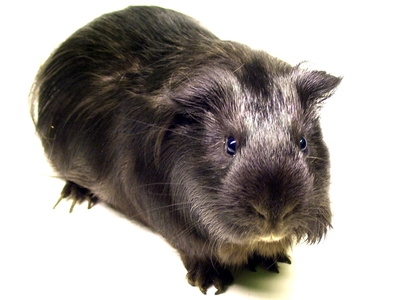 How to Know If Your Cavy Is Pregnant?
How to Know If Your Cavy Is Pregnant?
How to Know If Your Cavy Is Pregnant?
How to Know If Your Cavy Is Pregnant?
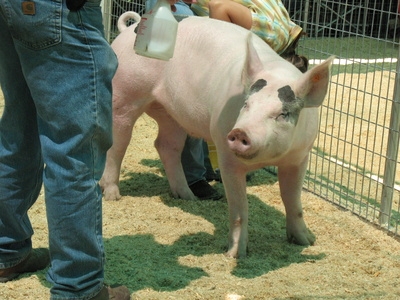 How to Guess a Pig's Weight
How to Guess a Pig's Weight
How t
How to Guess a Pig's Weight
How to Guess a Pig's Weight
How t
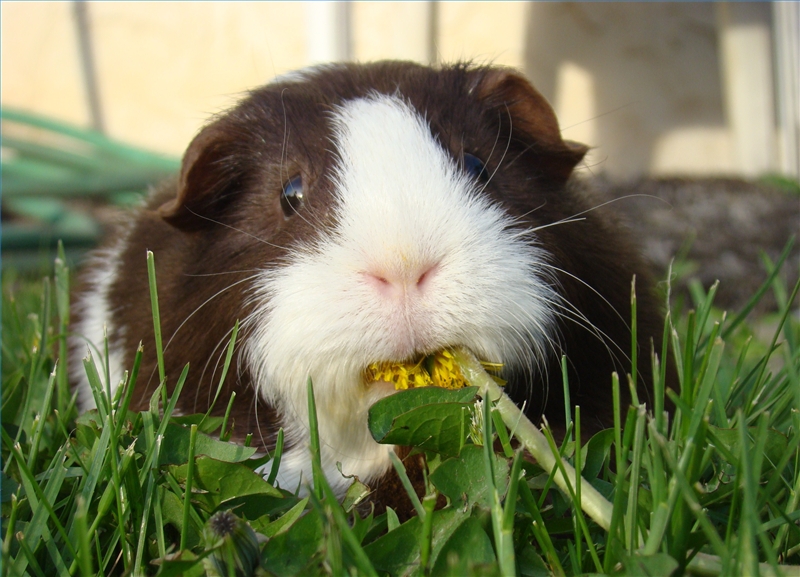 What Are the Causes of Guinea Pig Hair Loss?
What Are the Causes of Guinea Pig Hair Loss?
What Are the Causes of Guinea Pig Hair Loss?
What Are the Causes of Guinea Pig Hair Loss?
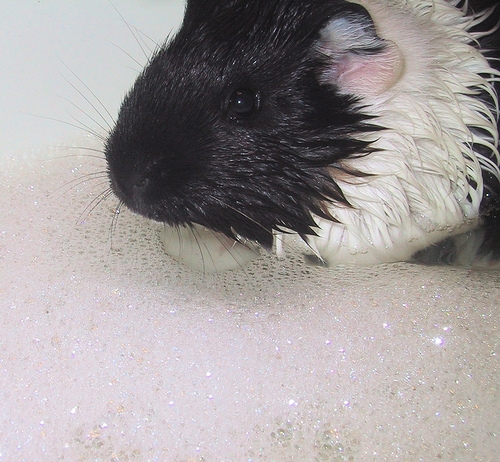 How to wash your guinea pigs
How to wash your guinea pigs
How to w
How to wash your guinea pigs
How to wash your guinea pigs
How to w
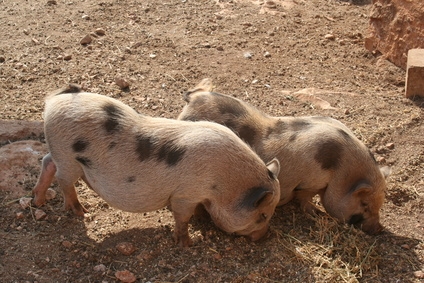 How to Potty Train a Pet Pig
How to Potty Train a Pet Pig
How to Po
How to Potty Train a Pet Pig
How to Potty Train a Pet Pig
How to Po
Copyright © 2005-2016 Pet Information All Rights Reserved
Contact us: www162date@outlook.com